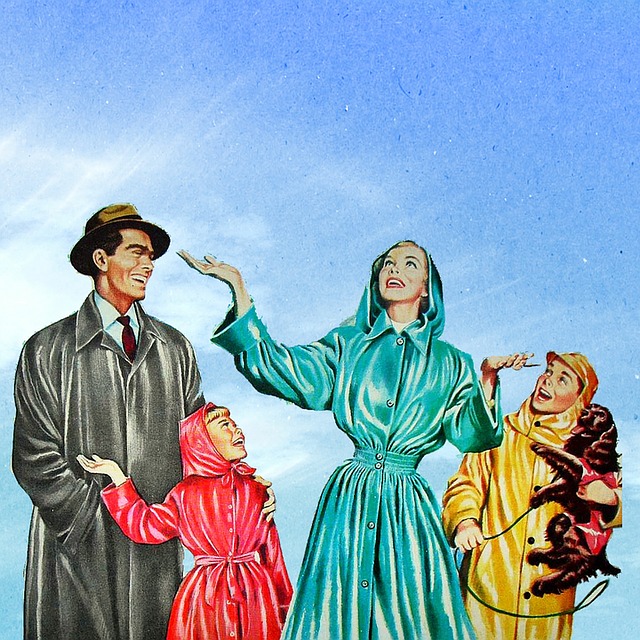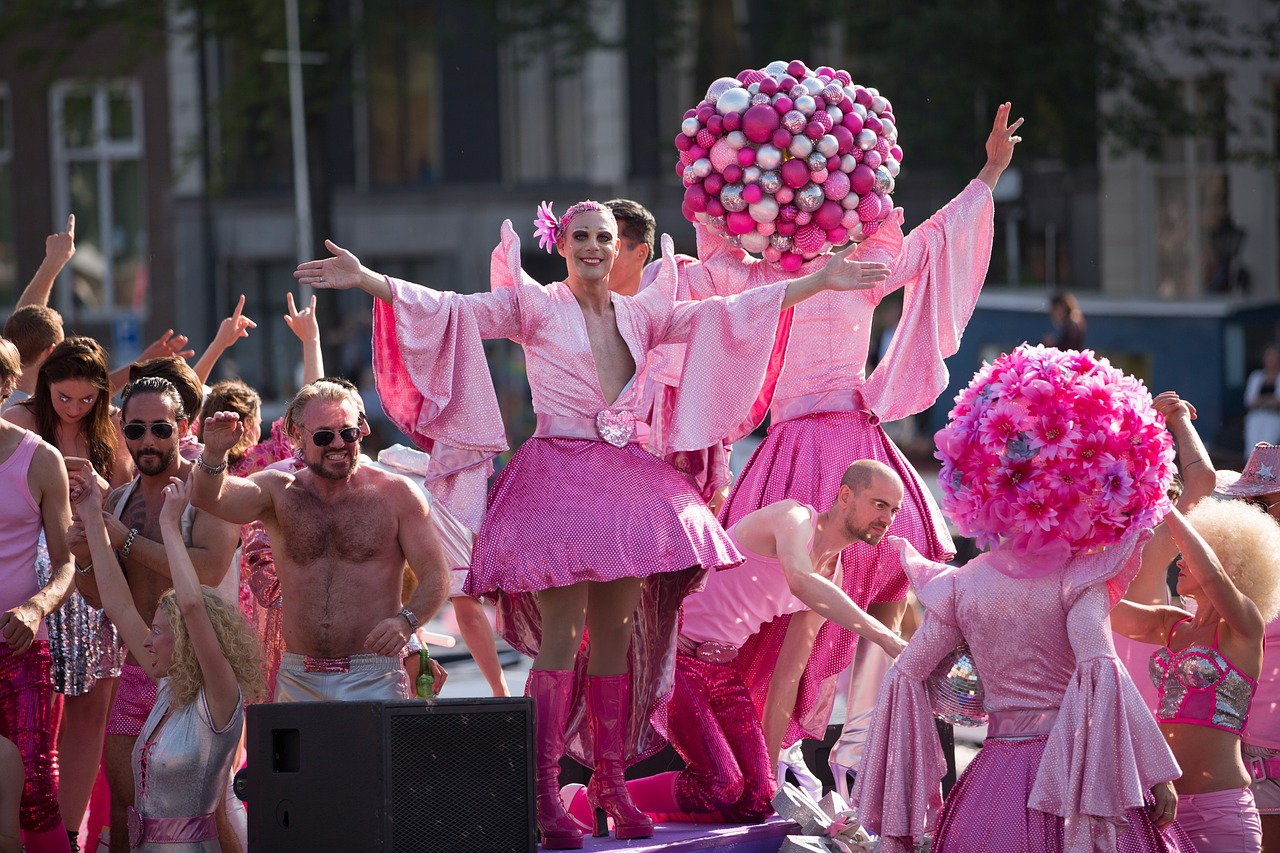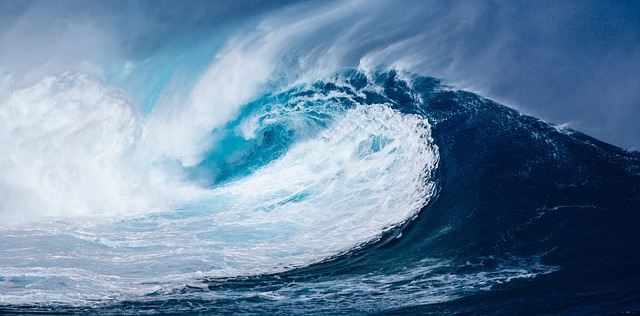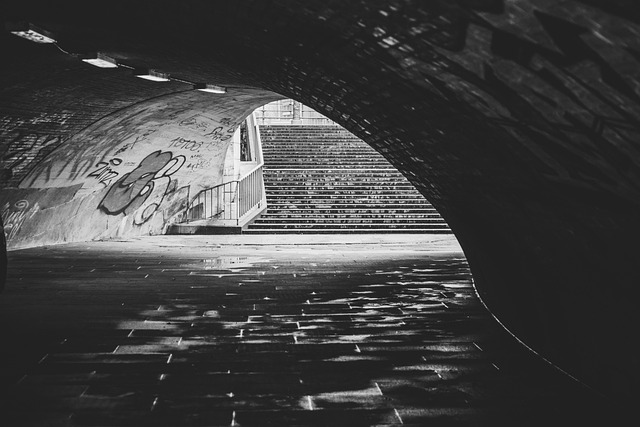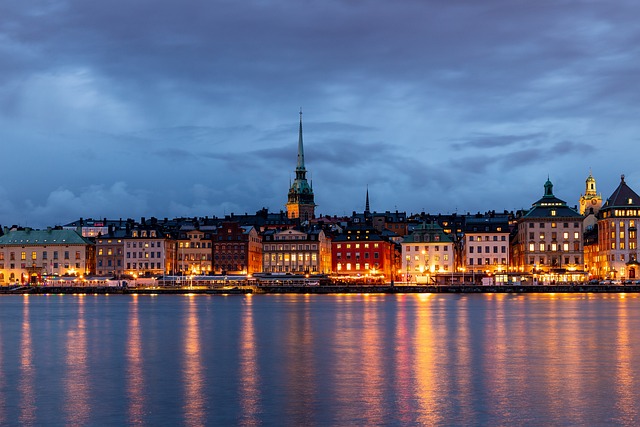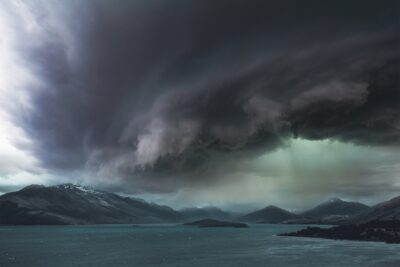 Historians usually talk about transitional or intermediate periods. These include ancient Egypt and the time between the different kingdoms. And the period between the Bronze Age and the Iron Age in Greece. Or the Middle Ages, which is the period between the Roman Empire and the Enlightenment, which is a lot of years, and a rather unfair description of the period in question. Perhaps the Middle Ages in the West should actually symbolise the fall of the Western Empire to the Carolingian Empire, where northern and central Europeans consolidate their empires and continue the civilising process after the Romans. The Crusades and the subsequent cathedral era are no longer really part of the transition period, but added by lazy historians. The time in Germany after the 30 Years’ War was also a period of stagnation, and it took many years for the Germans to take their place on the world stage again.
Historians usually talk about transitional or intermediate periods. These include ancient Egypt and the time between the different kingdoms. And the period between the Bronze Age and the Iron Age in Greece. Or the Middle Ages, which is the period between the Roman Empire and the Enlightenment, which is a lot of years, and a rather unfair description of the period in question. Perhaps the Middle Ages in the West should actually symbolise the fall of the Western Empire to the Carolingian Empire, where northern and central Europeans consolidate their empires and continue the civilising process after the Romans. The Crusades and the subsequent cathedral era are no longer really part of the transition period, but added by lazy historians. The time in Germany after the 30 Years’ War was also a period of stagnation, and it took many years for the Germans to take their place on the world stage again.
Significantly, these periods are marked by the demise of old systems, followed by times of turmoil, only to be stabilised and replaced by something new. And we are probably once again facing a transitional period, where the successful era of the West is coming to an end.
The West is suffering from over 50 years of de-industrialisation. Constantly rising property prices and well-sold property deals make the balance sheet look good, but many argue that prices cannot go up forever and that we are already in a bubble. In other words, the only thing keeping our budget balance on an even keel is fake statistics and even fake news. Together with our fake politicians, it forms a marvellous fake trinity leading us into the transition period.
Many people are waiting for a strong person, a world leader with sound values who will turn the tide and put the West back on top. Perhaps this is just a dream? Our decline has gone so far, both industrially and culturally, that such a figure is becoming less and less likely. Turning the ship around from within the current system may be very difficult; it will probably require a paradigm shift. We should also be prepared for false prophets and liars of all kinds.
It may take many years for the tide to turn. Perhaps several generations, before the distorted ideologies that led us here are washed away. In addition, there is a risk that the decline will be permanent, that Asia will be the leader for the foreseeable future. This was the case for hundred of years, when the Persians, Chinese and Indians were far more advanced than the Europeans. And maybe we are back to such an order?
But I think we will have a rematch. I suspect that there is a lot of innovation in the West, which has unfortunately been stifled by the current social climate, and I think that after a few years of pondering in the cold, we will return to the warmth. Exactly how long it will take and how it will happen is difficult to predict.
I don’t think we need to specify what this transition period will look like, the compass needle will be somewhere between poor grey boredom and violent riots. Well, we are already there, look at the unrest and riots in France and the Netherlands, and the violence and explosions in Sweden. Our first reaction is to describe it as a temporary phenomenon, or that it has always been this way, and that the world is generally moving towards a brighter future despite the difficulties.
Perhaps it becomes more difficult to whitewash the situation when we see that life expectancy is falling in the United States, the country often described as the engine of the West. People getting healthier and living longer has often been seen as the ultimate confirmation of our success story. I guess that too will be explained away somehow, or silenced.
It is easy to become a gloomy pessimist, painting everything in a negative light, or the opposite, describing the world in overly beautiful terms and ignoring the challenges we face. Finding a balance between these extremes is not easy. Perhaps the most important thing is how you live your life, seeking happiness in your everyday life and trying to promote your neighbourhood, because that is something we can all contribute. Many small streams make a big river. Those who wait for a saviour often belittle themselves and their own deeds. And who knows, maybe you are the chosen one?


